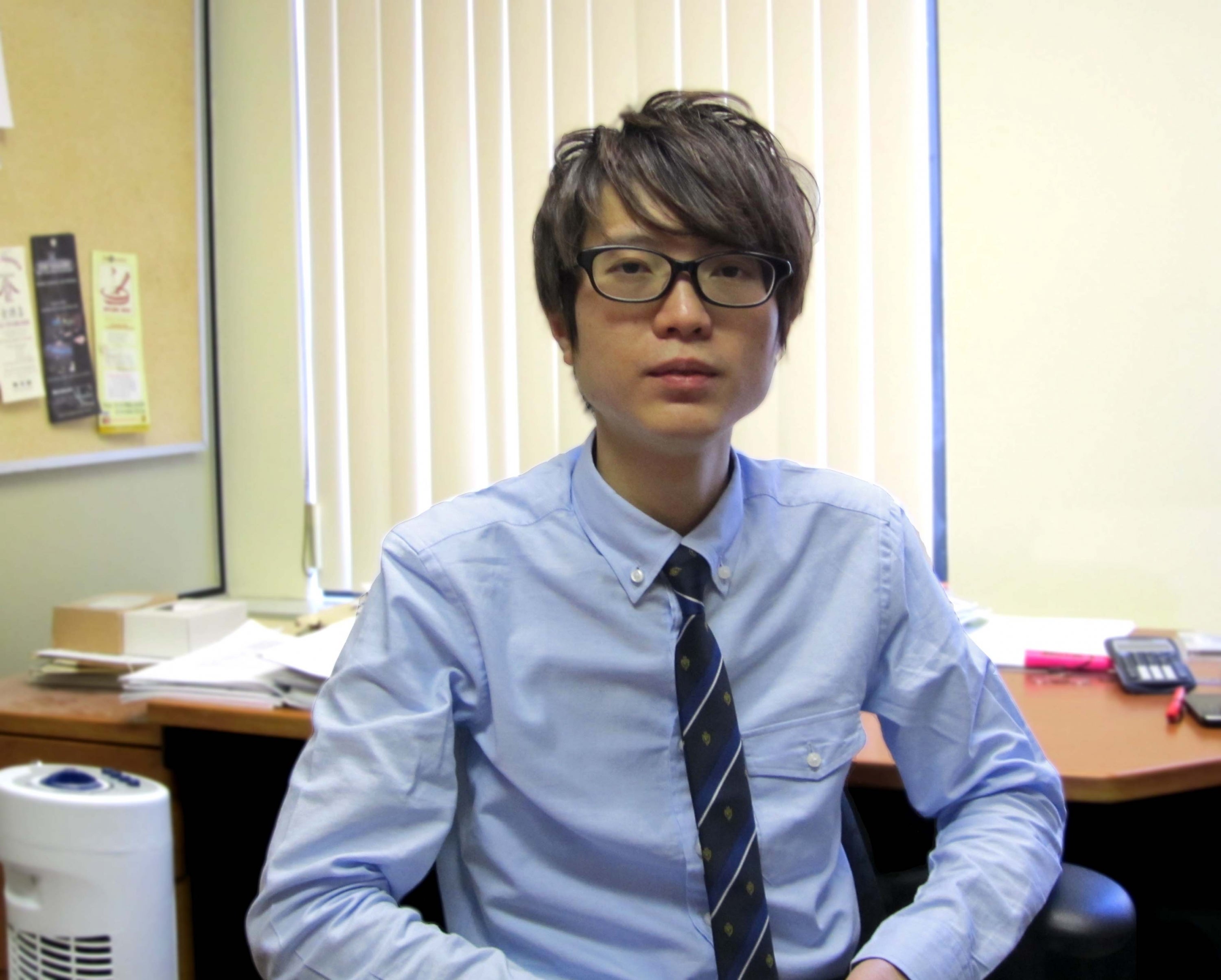
“I try to make my lectures more interactive. I try to use more illustrations, props, diagrams, and gestures to make students have a better impression of what’s going on,” Johnny remarks.
Originally from Hong Kong, China, Johnny obtained his BSc in actuarial science and his MPhil in statistics from the University of Hong Kong. He completed his PhD in actuarial science at UWaterloo in 2007, under the supervision of Professors Mary Hardy and Ken Seng Tan. Johnny came all the way to Waterloo partly because he already had connections here, having met professor emeritus Phelim Boyle on a trip to Rome, Italy. He had also read a book by Professor Hardy on investment guarantees and was intrigued by her research.
Johnny noticed little substantial difference between the two institutions, as he finds the research methodologies and conventions to be mostly universal. “I think both places conduct high-quality research, but I think the biggest difference in Waterloo is that we have a more diversified, a more heterogeneous population of students. Here we have students from everywhere in the world, but in Hong Kong you would mostly see local students,” says Johnny. Indeed, as a school, we take great pride in this diversity. While Canada’s heritage is already very multicultural, UWaterloo’s academic reputation serves as an additional factor that attracts students from abroad. UWaterloo International estimates that 106 countries are represented in our large contingent of international students.
As well as being actively involved in professional activities with the Society of Actuaries and the Canadian Institute of Actuaries, Johnny is working concurrently on four separate research projects. For his first project, he is studying longevity securities, which are similar to stock options, but depend heavily on demographic trends such as the mortality rate in the population. His goal is to help financial institutions find a way to manage longevity risk and to establish a method for them to calculate the optimal prices for securities.
His second project is in determining how to assess the amount of fair compensation in personal injury litigation cases. His paper was featured in a U.K. journal called "Journal of Personal Injury Litigation" and he will be writing a chapter of a book on that topic. For project number three, Johnny is researching a valuation of investment guarantees in variable annuity products. “These basically say that if you invested a certain amount in an annuity contract, the insurer would guarantee you a minimum of, let’s say 3% per year. Should the stock market be forced below 3%, the insurer has to bear the risk. I’m now working on how to evaluate that risk and how to price that risk,” explains Johnny. He is also creating models for longevity risk in geriatric individuals and models to quantify the uncertainty of such projections. Taking that one step further, his PhD student is helping him develop a model that can represent the mortality rate of multiple populations simultaneously.
The aspect of actuarial science that Johnny enjoys the most is being able to explore the interactions between other fields. He says, “I think it’s an interface of many different areas, like mathematical finance and statistics. Especially for mortality models, I might have to consider some research work on demography and the biological sciences.” In turn, this creates a lot of opportunities for people with actuarial backgrounds beyond actuarial practice. Johnny finds that the broad training enables a lot of graduates to launch highly successful careers in various areas of the financial sector and in academia.